Communication is at the heart of every successful relationship, whether personal or professional. It's how we convey our thoughts, build relationships, and make an impact in the world around us. Yet, many people struggle with effective communication, leading to misunderstandings, conflict, and missed opportunities. Here, we explore essential communication skills and strategies that can help you thrive in both your life and career.
the importance of active listening.
Active listening is the cornerstone of effective communication. It involves more than just hearing words; it requires fully engaging with the speaker. Here are some tips to become a better active listener:
be present. Put away distractions (like your phone) and give the speaker your full attention.
show engagement. Nod, make eye contact, and use verbal affirmations to show that you’re following along.
reflect and respond. After the speaker has finished, summarize what you’ve heard and ask clarifying questions.
Active listening fosters understanding and respect, creating a foundation for more profound conversations.
clarity and conciseness.
In a world overflowing with information, clarity is key. Learning to articulate your thoughts clearly and concisely ensures that your message is understood. Here’s how to achieve clarity in your communication:
organize your thoughts. Before you speak or write, take a moment to gather your ideas. Are there key points you want to highlight?
use simple language. Avoid jargon or overly complex terms that may confuse your audience.
get to the point. Respect the time of your listeners by getting to the essence of your message efficiently.
nonverbal communication: the silent communicator.
Did you know that a significant portion of communication is nonverbal? Body language, facial expressions, and tone of voice can communicate emotions and intentions more powerfully than words. To enhance your nonverbal communication:
maintain open body language. Avoid crossing your arms, which can signal defensiveness. Instead, keep an open stance to convey approachability.
be aware of your tone. Your tone can influence how your message is received. A friendly and enthusiastic tone can engage your audience, while a monotone may disengage them.
use appropriate gestures. Hand gestures can enhance your message but should be used sparingly to avoid distraction.
empathy: understanding others.
Effective communication is not just about expressing yourself; it’s equally about understanding others. Empathy allows you to see things from another's perspective and fosters deeper connections. To practice empathy in your communication:
ask open-ended questions. This encourages others to express their thoughts and feelings fully.
validate feelings. Acknowledge others' emotions, even if you don't agree with them. This simple act can create a supportive dialogue.
perspective-taking. Try to understand the context or circumstances influencing others’ viewpoints. This fosters compassion and connection.
constructive feedback: a tool for growth.
Feedback is essential for personal and professional development. Learning how to give and receive constructive feedback can lead to improved performance and better relationships. Here are tips for effective feedback:
be specific. Focus on specific behaviors rather than making general statements. For example, instead of saying, "You did a good job," say, "Your presentation was compelling, and I appreciated the data you provided."
balance positives and negatives. Use the "sandwich" approach: start with a positive comment, provide constructive criticism, and end on a positive note.
be open to receiving feedback. Show that you value others' input by responding without defensiveness. This encourages a culture of open communication.
communication is a skill worth cultivating.
Mastering communication is a journey that involves continuous learning and practice. By developing skills like active listening, clarity, empathy, and the ability to give and receive constructive feedback, you can enhance your relationships and achieve greater success in both your personal and professional life. Remember, communication is not just about the exchange of information; it's about building connections, fostering understanding, and creating opportunities.
So, take the leap—invest in your communication skills today and watch as your world transforms!

